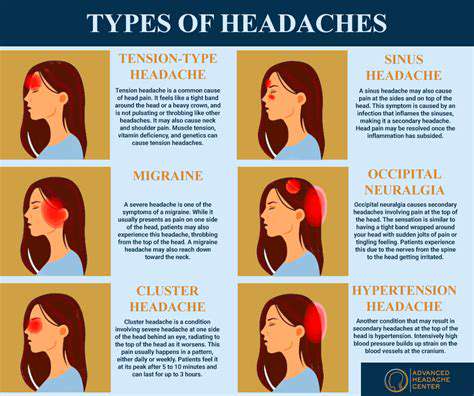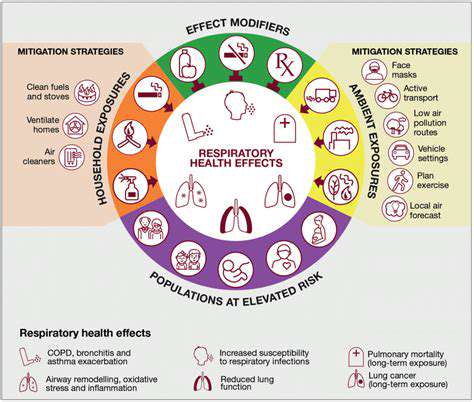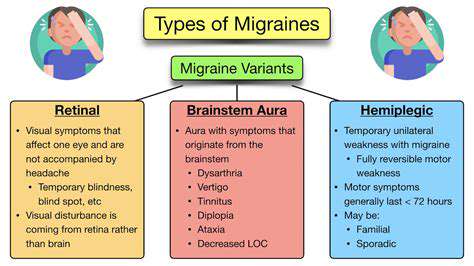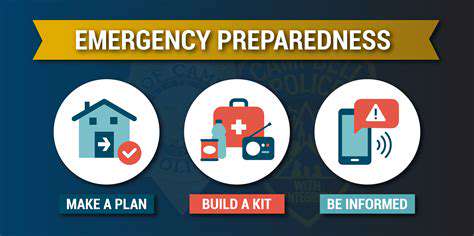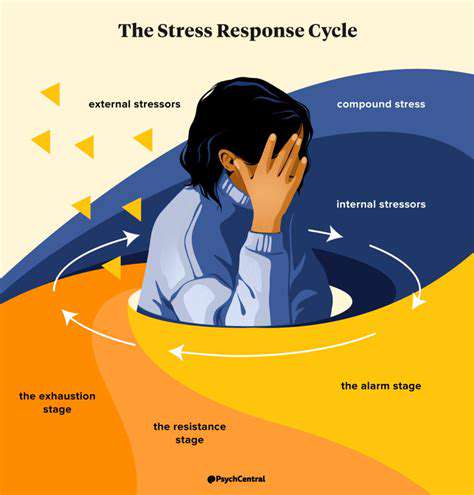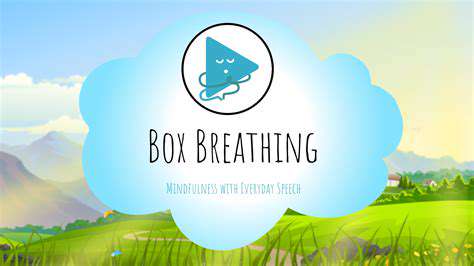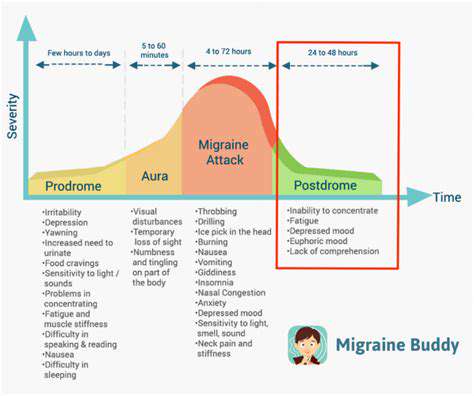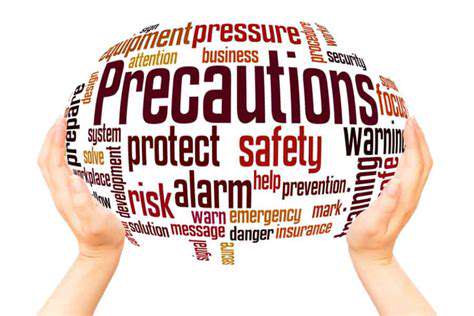Explore comprehensive insights into migraines and headaches including causes, triggers, treatments, and natural remedies. Empower yourself with knowledge to manage pain effectively and improve your daily well-being
Chiropractic Care for Headaches: What Does the Research Say?
May 08, 2025
The Impact of Air Quality on Headaches and Migraines
May 08, 2025
The Role of Hormonal Fluctuations as Migraine Triggers
May 08, 2025
Weather Changes: Preparing for Barometric Pressure Shifts
May 07, 2025
Improving Sleep Hygiene: Tips for Better Rest and Fewer Headaches
May 07, 2025
Headaches in Children: When to Worry and What Helps
May 07, 2025
How Changes in Routine Can Trigger Headaches
May 07, 2025
Breathing Exercises for Immediate Headache Relief
May 07, 2025
Understanding and Managing Menstrual Migraines
May 07, 2025
Migraines in Older Adults: Considerations and Management
May 06, 2025
Screen Time and Digital Eye Strain: A Modern Headache Trigger?
May 06, 2025
Supporting Teenagers Through Migraine Challenges
May 06, 2025
Dental Issues and Headaches: Exploring the Connection
May 06, 2025
Understanding and ReliefMigraine postdrome, often referred to as the migraine hangover, is a phase that follows the intense headache and symptoms of a migraine attack. During this recovery period, individuals may experience fatigue, brain fog, mood changes, and sensitivity to light and sound. Managing this phase effectively is crucial for restoring well-being and preventing future episodes. This article offers comprehensive strategies to help you navigate and alleviate the challenges of migraine postdrome. Understanding Migraine Triggers and Postdrome SymptomsRecognizing what triggers migraines is essential for prevention and management. Common triggers include stress, hormonal changes, certain foods, sleep disturbances, and environmental factors. Identifying these can help you develop personalized strategies to minimize attacks and their aftermath. During the postdrome phase, symptoms may persist or vary, making awareness vital for effective coping. Practical Tips for Managing Migraine Postdrome 1. Rest and RecoveryAllow your body to recover by prioritizing rest. Gentle sleep, relaxation, and avoiding strenuous activities can help reduce fatigue and brain fog. 2. Stay HydratedDehydration can worsen postdrome symptoms. Drinking plenty of water throughout the day supports recovery and overall health. 3. Maintain a Balanced DietEat nutritious, easily digestible meals to replenish energy levels. Incorporate foods rich in vitamins and minerals that support neurological health. 4. Manage Light and Sound SensitivityCreate a comfortable environment by dimming lights and minimizing noise. Use sunglasses and earplugs if necessary to reduce sensory overload. 5. Practice Stress Reduction TechniquesStress can prolong postdrome symptoms. Engage in relaxation methods such as deep breathing, meditation, or gentle yoga to promote calmness. 6. Monitor and Record SymptomsKeeping a headache diary helps identify patterns, triggers, and effective strategies. Note the duration and intensity of postdrome symptoms for better management. 7. Seek Medical AdvicePersistent or severe postdrome symptoms should be discussed with a healthcare professional. They can recommend appropriate treatments or adjustments to your migraine management plan. Additional Resources and SupportUnderstanding your condition and exploring various management options can significantly improve your quality of life. Consulting with neurologists or headache specialists can provide tailored advice and advanced therapies.---Learn more about migraine symptoms, triggers, and treatment options to take control of your health. Whether you're managing the initial migraine attack or navigating the postdrome phase, implementing these strategies can lead to a more comfortable recovery and reduce the impact of migraines on your daily life. Stay informed, stay proactive, and seek professional support when needed for optimal migraine management.
May 06, 2025
The Impact of Poor Sleep Quality on Headache Frequency
May 06, 2025
Cognitive Behavioral Therapy (CBT) for Chronic Pain Management
May 05, 2025
The Role of Regular Exercise in Managing Migraines
May 05, 2025
Creating a Dark, Quiet Space for Migraine Relief
May 05, 2025
Stress Reduction Techniques to Prevent Headaches
May 05, 2025
